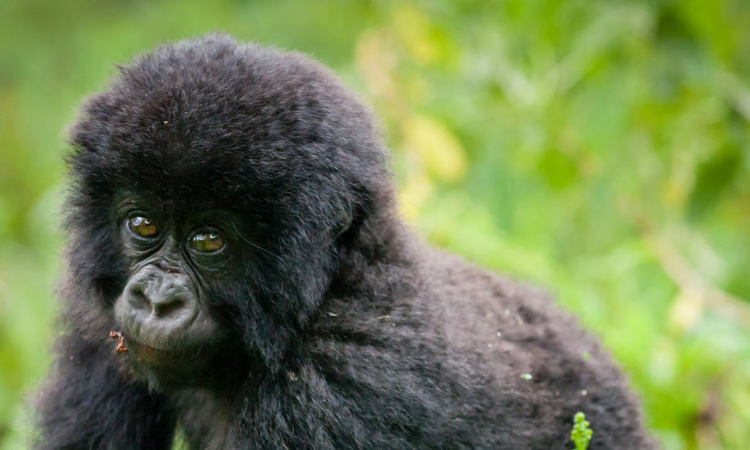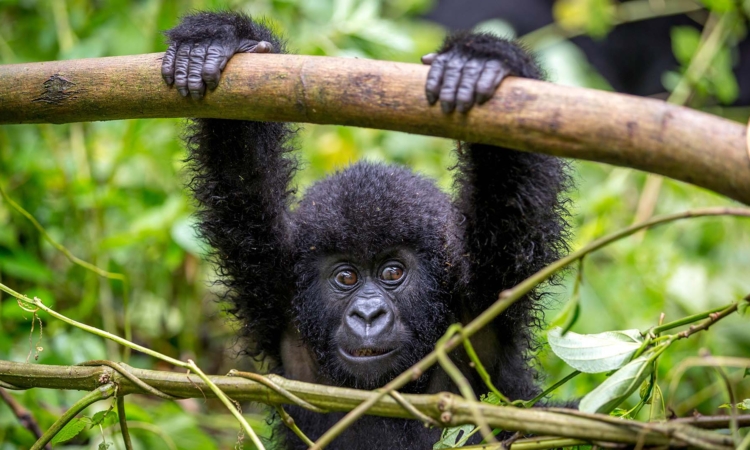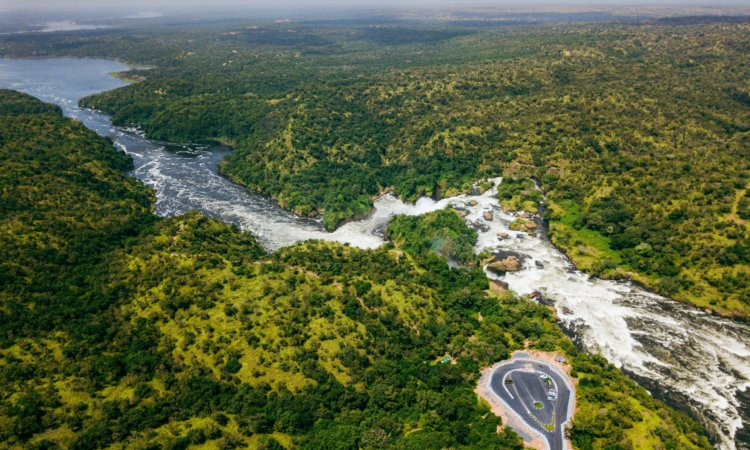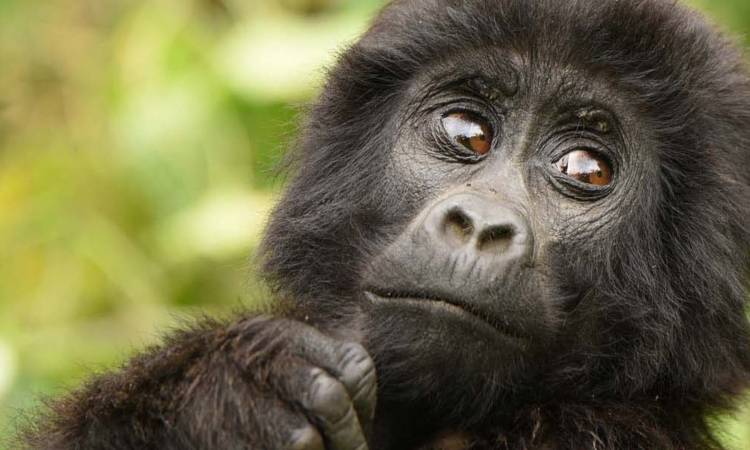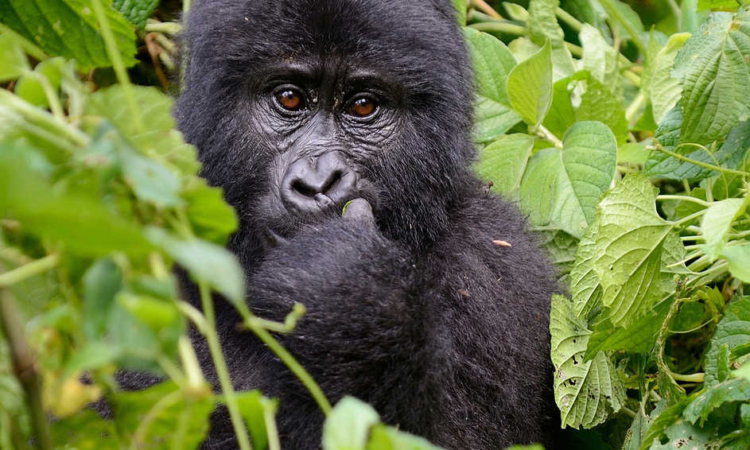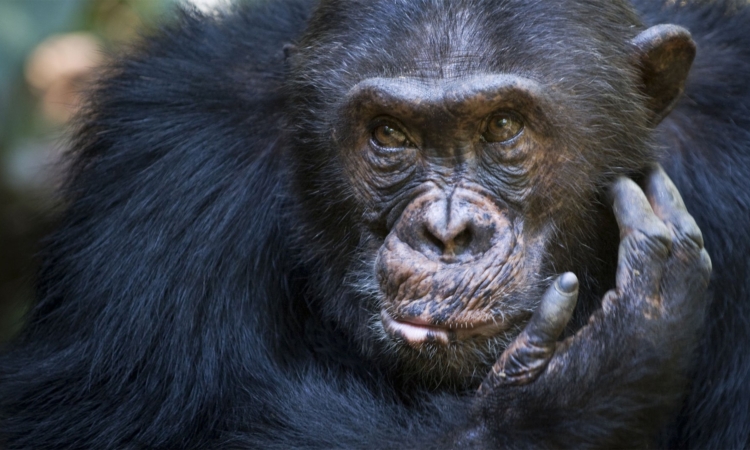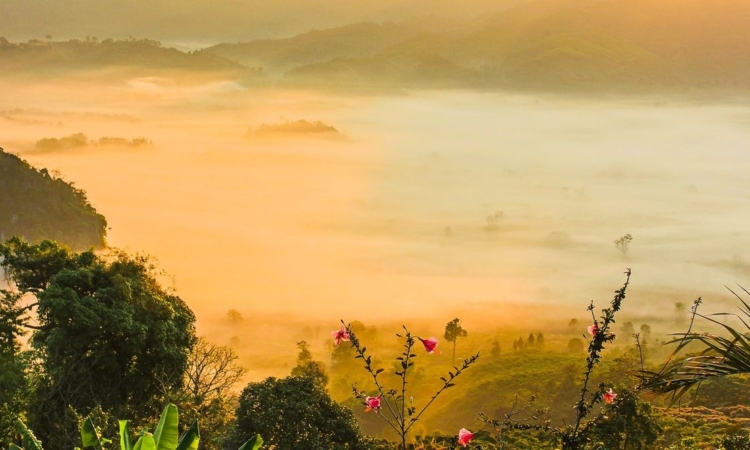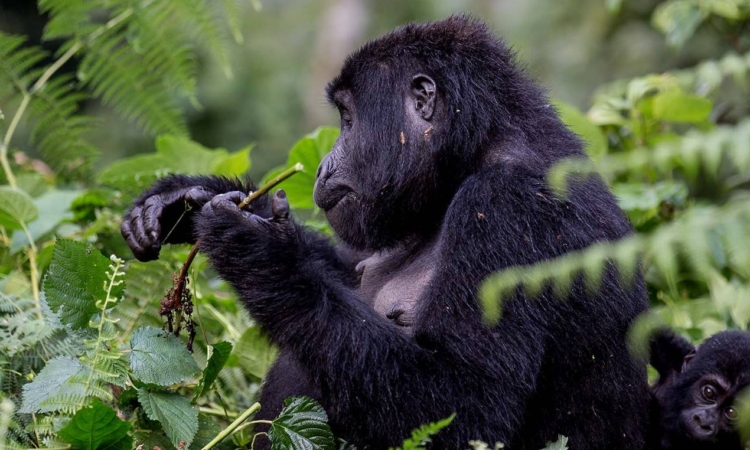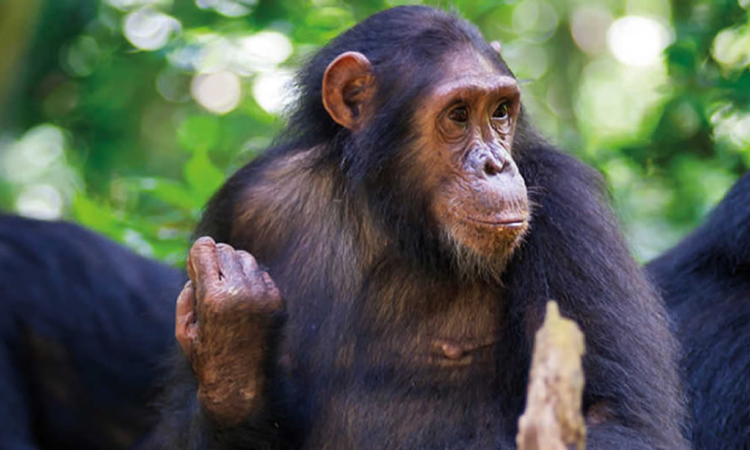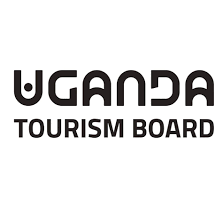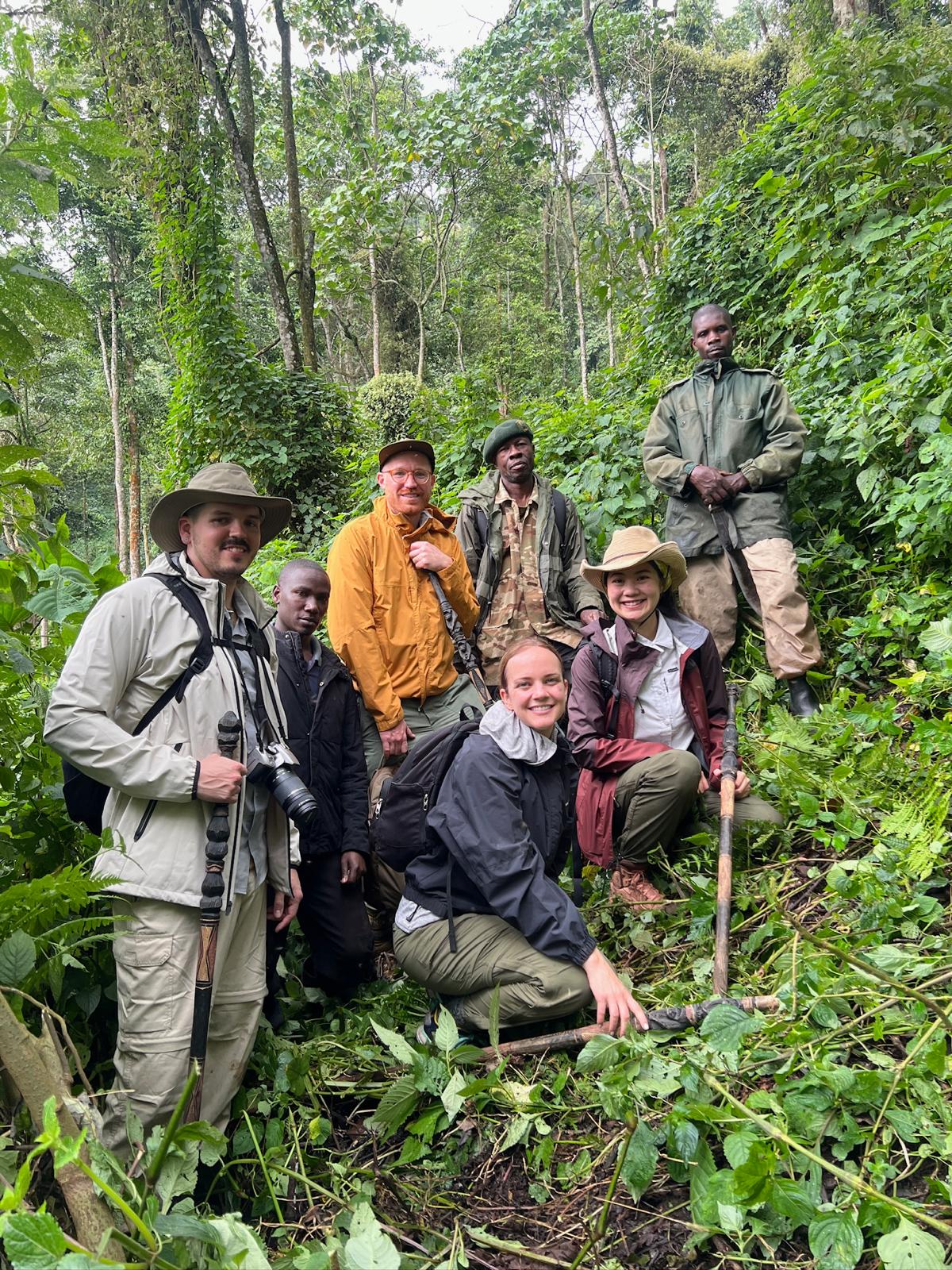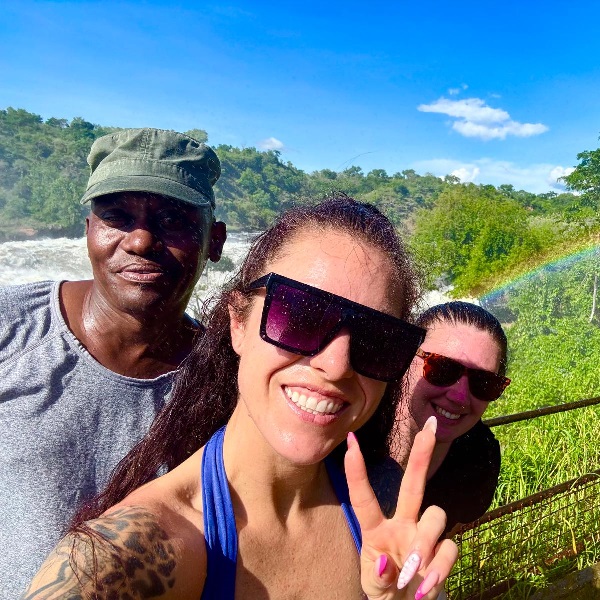Brief History about Rwanda – Archaeological excavations reveal evidence of scattered occupancy of the Iron Age, hunters and Stone Age settlers, who used iron tools, and locally crafted pots.
The hunters belonged to the Twa ancestral lineage, and still in existence up to date as pygmy hunters and gatherers. The historians also suggest other ethnic groups entered Rwanda in the earlier years, with the famous ones being the Tutsi and Hutu.
Forward to 1884, the Germans were assigned to the Rwandan territories in the Berlin conference, as part of German East Africa, thus the start of the colonial era.
In 1894, a famous explorer by the names of Gustav Adolf Von Gotzen toured the country through the southeast to Lake Kivu where he met with the king.
During world war 1, the Germans governed both Rwanda and Burundi following the League of Nations mandate which regarded it as Ruanda-Urundi.
There was a divide between the Hutu and Tutsi, a move that created a rift between two nations that were once inseparable; thus leading to the 1959 Rwanda revolution that saw the Hutu kill and displace thousands of the Tutsi.
The pro-Hutu Belgians held a referendum to abolish the monarch, and as well as separate Burundi from Rwanda.
On 1st July 1962, Rwanda gained its independence and the first president was Juvenal Habyarimana. Juvenal gained power through a military coup.
No situation changed the way through to 6 April 1994 when the Rwanda Genocide came to an end after a bloody battle between the Hutu and Tutsi that lasted for over 100 days and cost the lives of over 25,000 thousand Rwandans including the marginal Twa people who were not directly participating in the conflict.
As Rwandan Patriotic Front took control of the situation, there was a move for reconciliation between all conflicting parties.
An international criminal tribunal for Rwanda and Gacaca, a traditional village court system was put in place to eliminate the conflicts. Fortunate enough, the country’s economy was revamped from 2000, with improved security, a thriving tourism industry, and modern and cultural institutions, all under the leadership of President Paul Kagame.
You may wonder why Rwanda, with its small size, still ranks among the top holiday destinations, not only in Africa but the world as well.
A few yet very unique attractions set them apart. These included the good climate, un-segregative hospitality, variety of modern and traditional accommodation facilities, and Mountain Gorillas; a rare species of gorillas only found in Rwanda, Uganda, and Congo and nowhere else in the world.
It’s now possible to visit Rwanda for any reason. This could be mountain gorilla trekking, bird watching, chimpanzee trekking, wildlife viewing, cultural encounters, and much more.
Make it a point to include Rwanda in your bucket list, as an option for your honeymoon, summer or winter holiday, birding, research, wildlife, group, solo, or Business vacation.
The prime safari offer here is the Rwanda gorilla trekking experience. We implore you to choose a Rwandan gorilla package and get ready to create memories.
Most clients prefer to trek Rwanda gorillas because of the short distance to Volcanoes National Park from Kigali.
This is what makes Rwanda gorilla trekking even better. You get to travel less and enjoy more!

